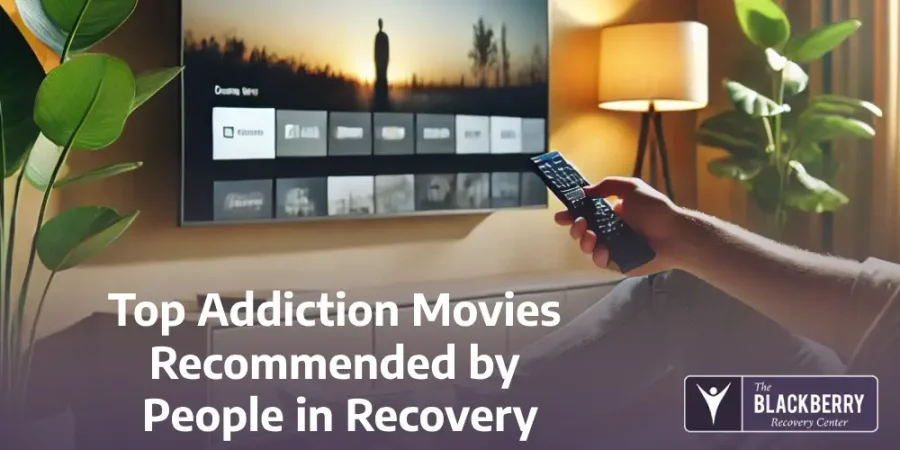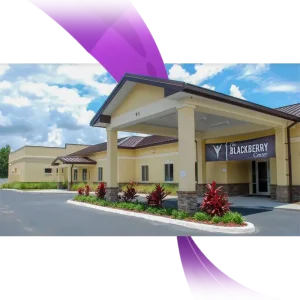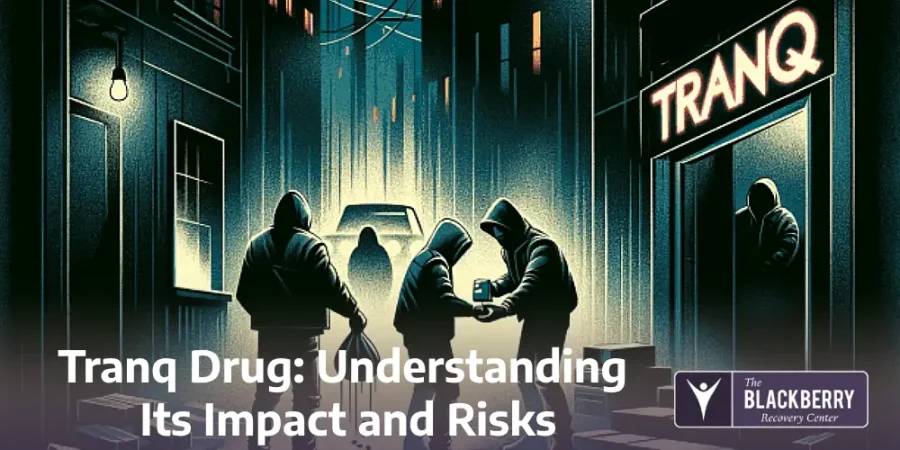Are you looking for relatable and inspirational movies about addiction recovery? We asked a group of 100,000 people in recovery what their favorite movies about addiction recovery are. Here are their top choices!
Clean and Sober
What it’s about: Hotshot real estate salesman Daryl (Michael Keaton) suffers from serious cocaine addiction. After making a string of disastrous mistakes, he checks into a rehabilitation program guaranteeing anonymity. Under the supervision of his counselor, Craig (Morgan Freeman), Daryl accepts his substance abuse problem and begins to commit to a sober life.
Why it’s recommended: “Clean and Sober is a sobering film that, while at times is emotionally draining, is nevertheless a worthwhile and entirely satisfying experience.” – J.B
When a Man Loves a Woman
What it’s about: Alice Green (Meg Ryan) is a wife and mother of two daughters who has developed a dangerous drinking problem. Michael (Andy Garcia), Alice’s husband, walks a thin line between showing patience and enabling her alcoholism. When her addiction compromises her girls’ safety, Alice decides to seek help at a rehab clinic. When she returns home, her recovery and relationships are put to the test.
Why it’s recommended: “When a man loves a woman is a brilliant movie. Really related to their relationships in this movie, big time.” -J.S
“I remember my first inpatient stay, during group we watched this movie and no one else had seen it! In my head, I was like HOW?!” -K.B
Ben Is Back
What it’s about: Nineteen-year-old Ben Burns returns home for Christmas with his loved ones. Ben’s mom, Holly, tries to help her son through his addiction, but over a rough 24-hour period, new revelations test their relationship further. A mother’s eternal love gets tested as Holly does everything she can to keep Ben clean.
Why it’s recommended: “Ben is Back” shows the pain of real people fighting addiction.” -Q.M
“Ben is back…..check it out, I promise you won’t be disappointed!” -C.O
A Star is Born
What it’s about: The film follows the relationship between a famous musician named Jackson (Bradley Cooper), and an aspiring singer named Ally (Lady Gaga). Jackson discovers-and falls in love with Ally while continuing to struggle with serious alcohol and prescription drug addiction. While Ally’s career takes off Jackson grapples with his demons.
Why it’s recommended: “A Star Is Born shows the true struggles of being in a relationship where addiction is involved.” -E.D
28 Days
What it’s about: A New York journalist with a “work hard, play harder” mentality takes it too far when she makes a scene at an important family event. When a judge orders her to rehab for a month, her lifestyle is put to the test as she begins to take addiction seriously.
Why it’s recommended: “28 Days is one of the most accurate movies about alcoholism and drug addiction I can remember.” -M.C
Flight
What it’s about: Airline pilot Whip Whitakers’ (Denzel Washington) secret drug and alcohol usage hadn’t affected his flight safety until a mechanical malfunction sent his plane falling to the ground. Whip miraculously lands the plane with only six casualties. Despite the miracle landing by Whip, his addiction begins to come out of the darkness while he attempts to get clean.
Why it’s recommended: “Flight is a solid example of the denial in addiction, and how life triggers add to the illness. While the movie successfully shows the pitfall of addiction, it also portrays the upside, recovery.” -C.J
Thanks for Sharing
What it’s about: A recovering sex addict (Mark Ruffalo) tries not to fall off the wagon as he woos a new girlfriend (Gwyneth Paltrow) who feels the need to express her rampant sexuality.
Why it’s recommended: “Thanks For Sharing was the best and most well-represented movie for recovery and addiction.” -P.S
“Right!? It was the first one I’ve seen that really nailed it.” -F.B
Beautiful Boy
What it’s about: Nicolas Sheff (Timothée Chalamet) was the poster child for good behavior, but when his addiction to meth unravels, his father goes to great lengths to save his son and family.
Why it’s recommended: “This movie gives a sense of the repetitive, flat circle nature of addiction and how it affects loved ones.” -K.J
The Way Back
What it’s about: Jack Cunningham (Ben Affleck) was a local basketball star known for making bad life choices. While struggling with alcoholism, Jack reflected on his meaningless job, failed marriage, and hopes for a new chance at a better life. Jack gets that chance by becoming the head coach for his failing alma mater basketball program.
Why it’s recommended: “It was a good movie, as an alcoholic, I could relate to most of the movie.” – R.S
“Ben Affleck is an alcoholic in recovery; I thought it felt real.” – J.W






